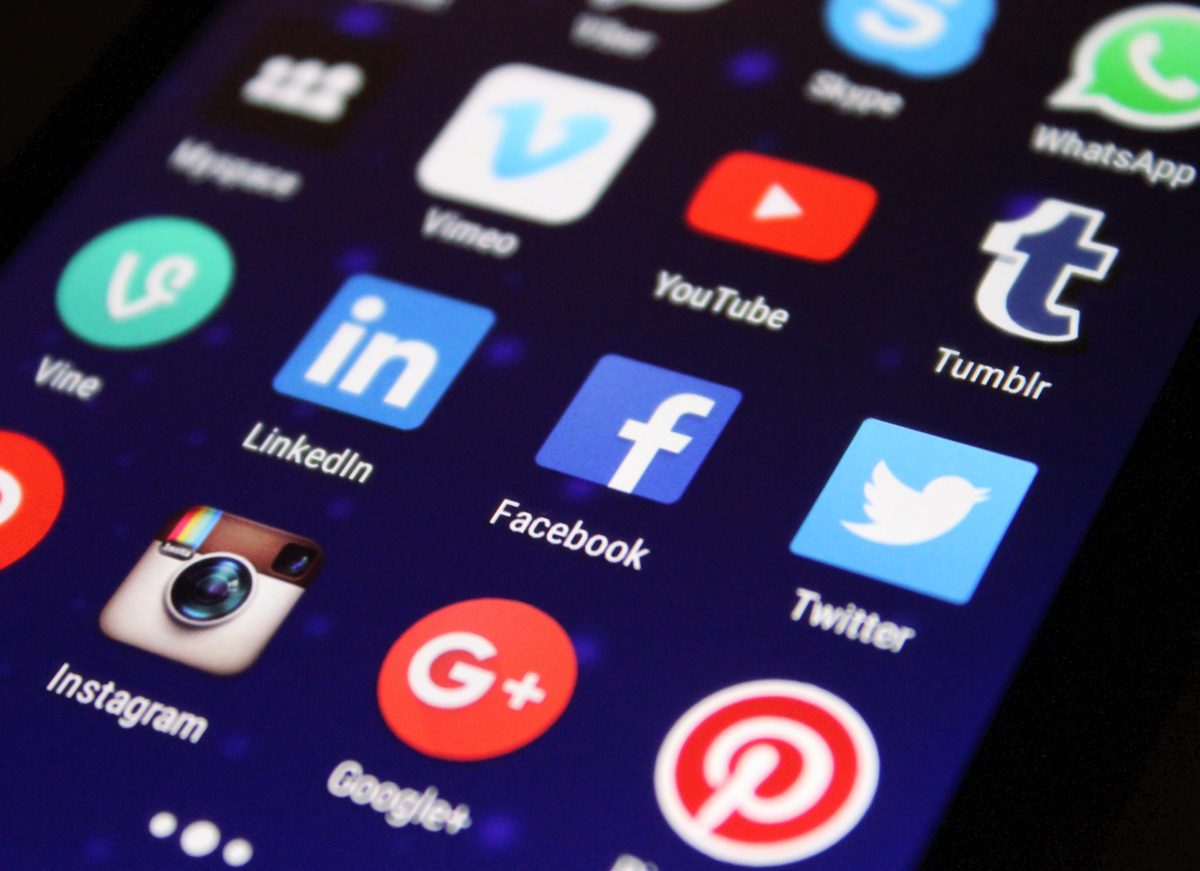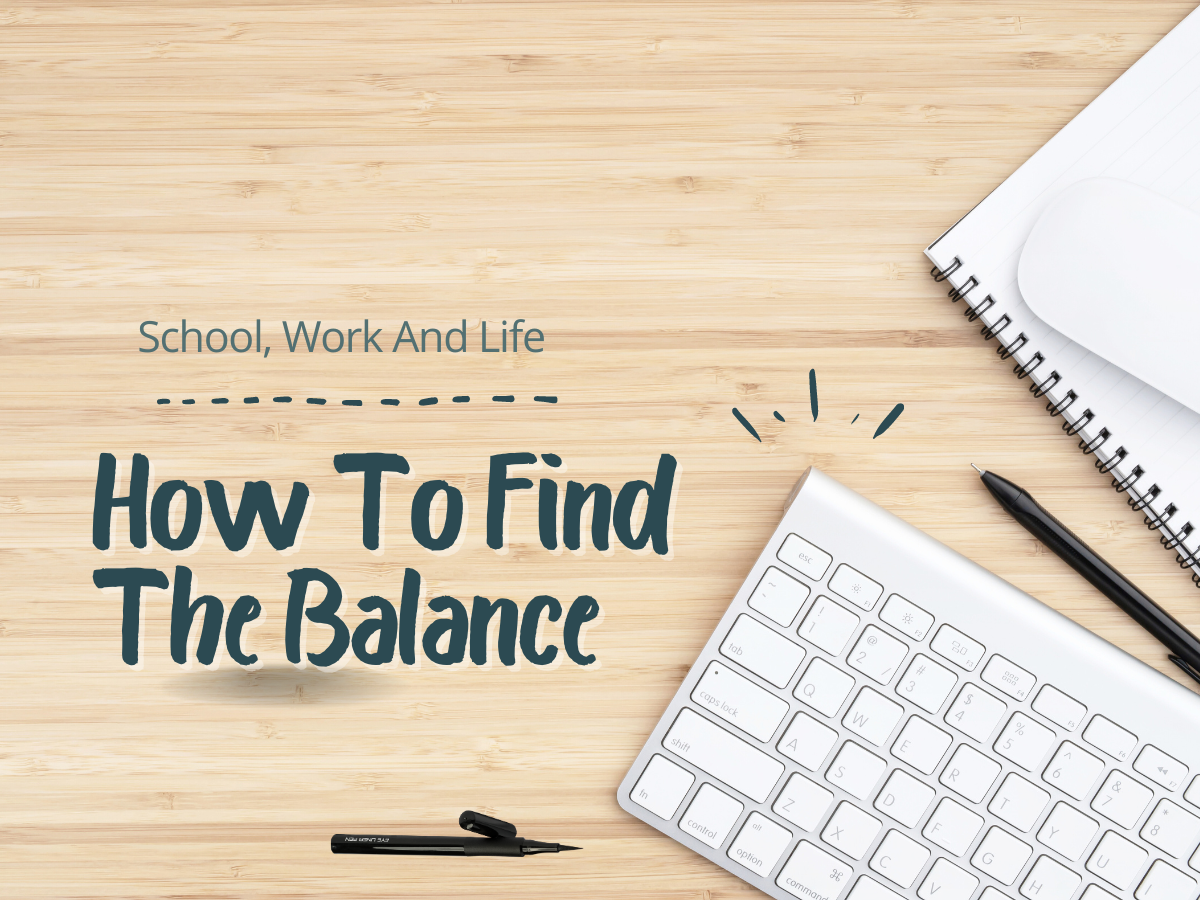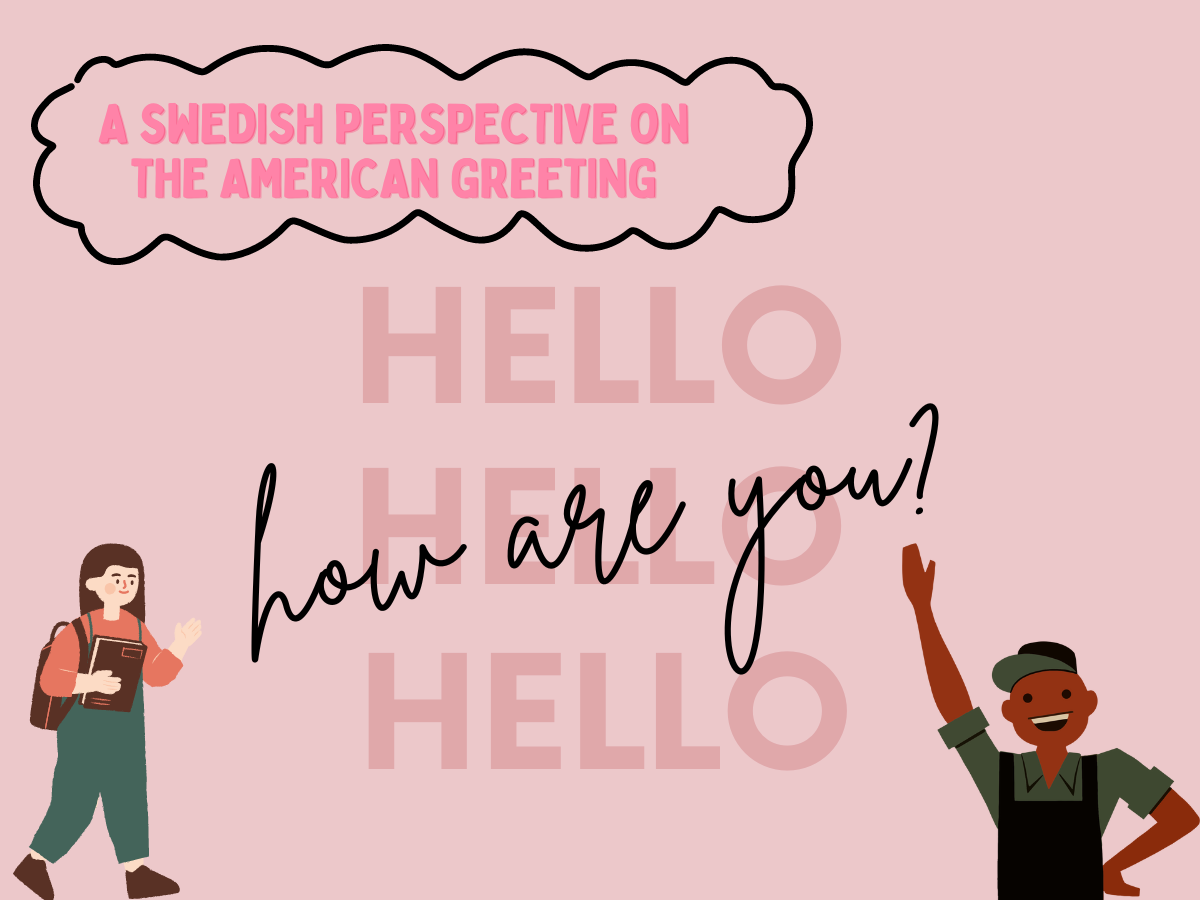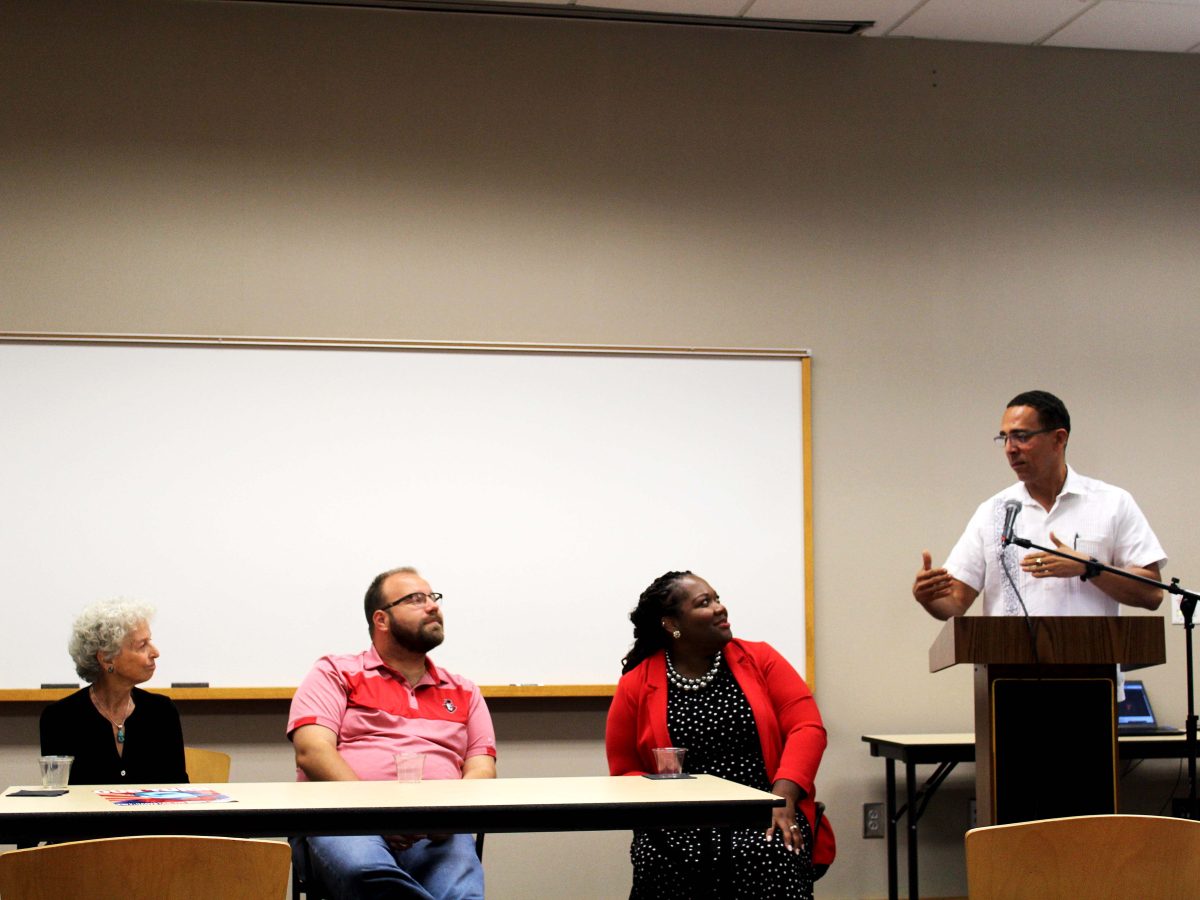The internet has been evolving for the last few years. It used to be a source for all kinds of worldwide information by using the main sources such as Google, Yahoo and Bing. Now when people think of the internet, they mostly think of social media like Facebook, Instagram and Twitter. This is not a surprise though as social media has been extremely popular in the 21st century, but it has existed for a while since the first ones came about later in the ’90s. It has become a part of our daily lives as we experience through stages especially in college life when people use social media a lot.
In the early 2000s, users posted ideas, pictures, videos, music and daily life on early popular social medias, such as Myspace and Facebook. Connecting with old friends and new friends became easier as they check on their stuff that fits their interest. In 2005, YouTube came out and videos were being uploaded online and people were able to comment them or whether or not they like it. More popular social media came out such as Twitter in 2006 where people create tweets and post trends. There are also social media involving posting pictures such as Instagram created in 2010 and Snapchat created in 2011. Users began to use filters to change what they look like for the public to see.
Younger generations spend more time on social media platforms than older generations. The Pew Research Center studied that 89 percent of adults ages 18-29 uses social media along with 78 percent of ages 30-49, 64 percent of ages 50-64, and 37 percent of ages 65 and over. The Pew Research also reported that younger generations use new social media platforms than older generations as 78 percent of ages 18-24 uses Snapchat and 71 percent uses Instagram. It makes sense as younger generations especially college students are trying to make new friends by adding neat stuff in their profiles or trying to look best by adding filters. We want to make sure that we are well fit in society and be in a certain group, which brings us to the argument.
Social media has always had some drawbacks. Users have not only been targets of cyber-bullying and hacked profiles, but also have been a target of FOMO or the fear of missing out. We sometimes cannot help ourselves but to check a friend’s posts to see what they are doing and we come across them having fun without us. We think that we are missing out all the fun and it can lead us to become upset. People miss out on a lot of things, but having an easier access to the world, it makes a mess in their mental health. It can cause a user’s self-esteem to drop as they feel guilty about themselves for skipping out. Motivation and Emotion reported during a research on how college freshmen experience FOMO that the fear leads students into stress, fatigue and loss of sleep.
This is bad for social media users especially college students as it affects their education and their goals for the future. It is not worth to stress out over not attending a friend’s party or an awesome event nearby when students need to focus on school work. Lack of sleep and low self-esteem makes it hard for them to focus and be confident around others especially if they are presenting or working professionally. This also causes users to develop anxiety around others online as they spend hours a day on social media. Sarah Fade stated on Anxiety and Depression Association of America that users who spend most of their time on social media disconnect from families, lost touch on other interests and carry their phones with them 24 hours a day to often check their social media. We are used to check on our phones to look at what our friends did that we feel sorry for ourselves for not going. We then shut ourselves from the real world by checking our phones over and over and that can lead to depression as we lose time and ourselves.
Social media has helped people in the world to connect to one another but it also has damaged the young by getting guilty over something they miss and causes them to have mental problems. They should take some time from social media and do the things they are interested in. They also need to make sure they are also working on school work to earn a better future and that spending more time in the real world can improve their mental health from the negative stigma on social media.







